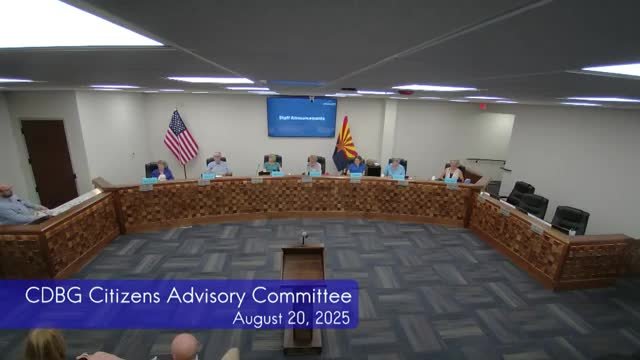Unusual Lease Raises Questions in Hoover Development Project
Every now and then, a particularly intriguing email finds its way into my inbox. It’s usually a mix of hate mail, fan letters, and those odd ads for products I’ve mentioned. But some emails catch my attention more than others.
It’s hard to put into words, but there’s this unmistakable feeling when you receive something noteworthy. A few weeks back, that happened with a project development email regarding something called Riverwalk Village. It just drew me in.
Typically, emails concerning development projects don’t spark much interest. I mean, there’s often something fishy going on with major urban development projects. But sifting through the details and presenting them understandably? That’s a whole different ballgame.
This particular situation, however, felt distinct right from the start, primarily due to the lease overview included.
It’s quite possibly the oddest lease I’ve ever seen.
Reese, who I consulted after verifying its authenticity, was baffled. This is someone who has worked for the city and has encountered various economic development projects, yet nothing like this had crossed their desk before.
The lease, signed by Hoover officials, explicitly states that the city has no rights to occupy the property it leases. In fact, the owner gets to act as the sole lease agent, retaining all rights and discretion over the city’s ventures.
If you’re scratching your head at this, I can see why it piqued my interest and led me to dig deeper.
The whole project and the ensuing fight over it is quite a tale that I plan to delve into more soon. For now, let’s concentrate on this peculiar lease.
Moreover, I reached out to Mayor Frank Brockert for clarity on the lease and sent detailed questions. I even asked for corrections if my understanding of certain lease elements was off. Despite multiple attempts to engage, all I got back was an acknowledgment that my inquiries were received, with no further explanations.
To provide some context, the Riverwalk Village Project aims to revitalize 90 acres around Riverchase Office Park, where several banks have their headquarters. This sprawling initiative includes everything from residential homes to retail spaces, but the focal point is a health and wellness center. The goal is to offer an outpatient surgery center along with multiple medical specialists.
In 2023, the Hoover Healthcare Agency (HHCA) entered into a lease with the owners of the River Chase Office Park to facilitate the construction of this health and wellness center. This involved leasing the former South Tower of a local bank, which will host the outpatient surgical center and a doctor’s office.
It all appears fairly standard. The city has recognized the need for healthcare institutions to draw more medical facilities. They found a significant project and decided to support it.
However, typically when a tenant like HHCA signs a lease, they get to decide who gets to occupy the office spaces, allowing them to manage costs and oversee operations. But that’s not how it works at Riverwalk Village.
The lease clearly stipulates that HHCA cannot possess or use the property without written consent from the owner, which in this case is healthcare resources. Furthermore, this arrangement allows for lower rent if certain conditions aren’t met, which raises eyebrows.
Now, it is a bit unusual in commercial leasing circles. Usually, according to the legal counsel I consulted, giving up control like this while securing guaranteed base rent would come with considerably lower rates.
Yet, curiously, that’s not true for Hoover.
The city has already forked over $6 million in rent since signing the lease in 2023 and is projected to pay up to $16 million over the next ten years.
On top of that, city officials uncovered that they were responsible for operating expenses and taxes post-lease, which adds an additional $27,000 monthly. They didn’t realize they were facing an extra $324,000 annual cost until a city council meeting more than two years after the lease was signed.
If occupancy rates exceed 93%, there’s a provision for a reduced rent payment according to the lease terms. However, health resources hold all subleasing rights, meaning the city and its healthcare agency lack control in this scenario, creating an unstable situation for Hoover.
If that 93% occupancy isn’t met, healthcare resources stand to make less from subleasing than what they receive from Hoover. What stops them from restricting subleasing agreements to maximize their earnings?
Essentially, nothing.
Hoover officials even confirmed under oath that the lease lacks provisions to mitigate this very situation, making it clear that landlord health resources would keep that authority.
To sum it up, as summarized by Brocato, Hoover taxpayers have already paid $6 million in lease payments and could end up around $40 million in total. As it stands, the city has no occupancy rights, can’t control sublease choices, and is tied to paying base rent irrespective of the lease agreement.
If you’re a developer or property owner, this might seem like a great deal. Eventually, it might pan out for the city and taxpayers as well.
But it’s quite a gamble, and honestly, it’s rather perplexing.







